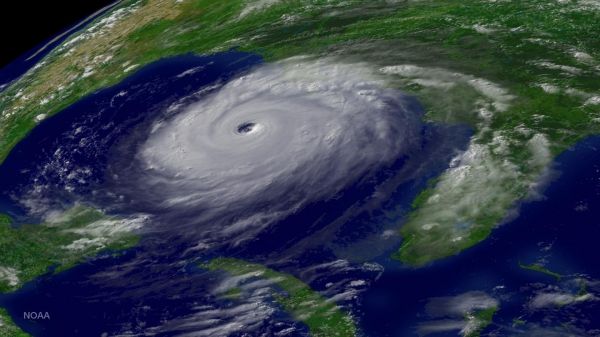When it comes to climate change, moving people and development away from at-risk areas can be viewed, not as a defeat, but as a smart strategy that allows communities to adapt and thrive.
That’s the case for carefully planned “managed retreat” made by three environmental researchers in an article published Aug. 23 in the Policy Forum section of the journal Science. The article was written by lead author A.R. Siders of the University of Delaware, with co-authors Miyuki Hino and Katharine J. Mach of Stanford University and the University of Miami, respectively.
“We need to stop picturing our relationship with nature as a war,” said Siders, who is a core faculty member of UD’s Disaster Research Center and an assistant professor of public policy and administration and of geography.
“We’re not winning or losing; we’re adjusting to changes in nature. Sea levels rise, storms surge into flood plains, so we need to move back.”
Read more at University of Delaware
Image: A new paper led by a A.R. Siders of the University of Delaware states that communities should plan for retreat in some cases from areas that are flood- or fire- or hurricane-prone and adjust their building codes and services as needed. (Credit: NOAA National Environmental Satellite, Data, and Information Service (NESDIS))


